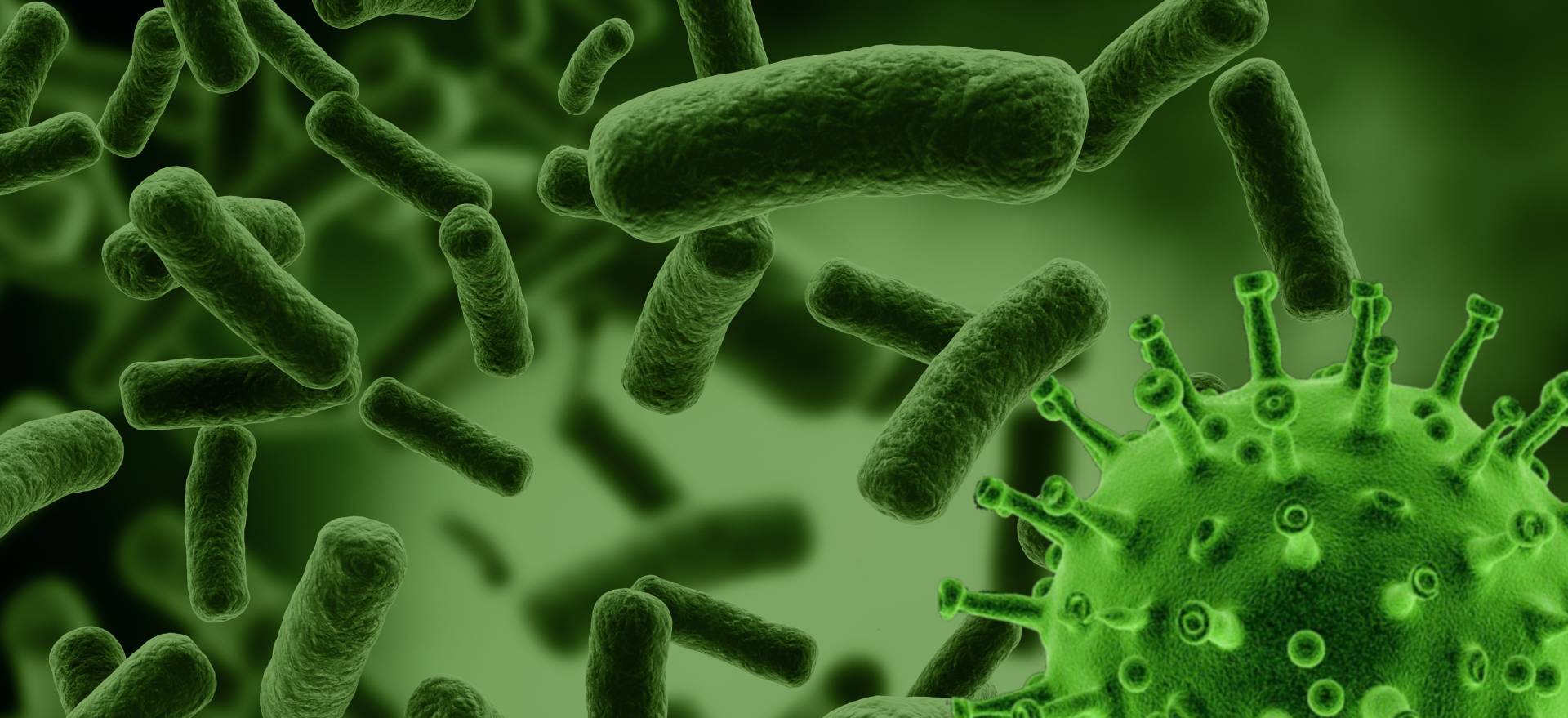Gut Bacteria Linked with Long COVID

PREMIUM CONTENT for MEMBERS ONLY
We know that having a rich and diverse gut microbiome is essential to preventing chronic disease and maintaining a healthy body and brain, however, we are just learning about the role of the gut microbiome in COVID-19 outcomes. There is growing evidence that the COVID-19 virus’ severity and long-term health consequences are related to our own gut microbiome. Dr. Siew C. Ng, at The Chinese University of Hong Kong, has been leading the charge into this research.
Dr. Ng has published a series of recent research articles on this topic, including on the gut microbiome’s composition associated with SARS-CoV-2 vaccine immunogenicity, and the impairment of short-chain fatty acid synthesis in the gut microbiome in patients with COVID-19.
In a study published in February 2022, she and her group found that disruption of the bacteria in our gut is linked with susceptibility to long COVID-19 syndrome. Her group published the first results demonstrating a link between gut microbes and COVID’s long-term effects.
Looking at three hospitals in Hong Kong (Prince of Wales Hospital, United Christian Hospital and Yan Chai Hospital), the researchers enrolled 106 patients with COVID-19 (mild to moderate severity) from February to August 2020 and compared them with healthy control subjects who did not have COVID-19, recruited in 2019. Severity of infection was categorized as (1) mild, if there was no evidence of pneumonia; (2) moderate, if pneumonia was present along with fever and respiratory tract symptoms; (3) severe, if respiratory rate ≥30/min, oxygen saturation ≤93% when breathing ambient air, or arterial oxygen pressure/fractional inspired oxygen ≤300 mm Hg, or (4) critical, if there was respiratory failure requiring mechanical ventilation, shock, or organ failure requiring intensive care.
After 3 months, 86 of the 106 COVID-positive patients had developed post-acute COVID-19 syndrome (PACS) – defined as at least one persistent, otherwise unexplained symptom 4 weeks after clearance of the virus. After 6 months, 81 patients still had PACS, most commonly presenting with symptoms of fatigue, poor memory, hair loss, anxiety and trouble sleeping.
Using stool samples for analysis, the researchers found that gut microbial diversity and richness were significantly lower at 6 months for those with PACS compared to those without PACS, as well as when compared to samples from healthy control subjects. In those with PACS, the abundance of 28 bacterial species was diminished, while that of 14 species was enriched. The patients who had COVID-19, but not PACS, showed just 25 alterations of bacteria species at the time of hospital admission, and they all normalized by 6 months.
At 6 months, respiratory symptoms were linked with higher levels of opportunistic microbes such as Streptococcus anginosus and S. vestibularis. Opportunistic pathogens are groups of microorganisms that do not usually infect healthy hosts, but produce infections in hospitals, to immune suppressed individuals, or patients presenting with underlying diseases which favor infection. Neuropsychiatric symptoms, including headache, dizziness, loss of taste, loss of smell, anxiety, poor memory, and blurred vision, as well as fatigue, were associated with nosocomial pathogens which are linked to opportunistic infections, such as Clostridium innocuum and Actinomyces naeslundii. Nosocomial pathogens include bacteria, viruses and fungal parasites which infect the patient under medical care (e.g., in hospital settings). According to the WHO, approximately 15% of all hospitalized patients suffer from such nosocomial infections.
Bifidobacterium pseudocatenulatum and Faecalibacterium prausnitzii, both butyrate producers had the largest inverse correlations with PACS at 6 months. In other words, the less abundant these microbes were, the higher the likelihood of PACS at 6 months. On the other hand, butyrate producing bacteria (butyrate is short chain fatty acid with local and widespread anti-inflammatory effects), were significantly depleted in patients with hair loss.
Dr. Siew Ng stated that although the findings were from patients with the early COVID-19 variants, the findings still apply to more recent variants, such as Omicron which are associated with the same persistent disruption of the immune system.
Even though the findings are intriguing, they do not prove a causative role of the gut microbiome in PACS, nor a causative role of COVID-19 in the development of an altered gut microbiome. They simply show an association between long-term COVID-19 symptoms and an altered gut microbiome. Intervention studies will be required to show that microbiome diversity and richness has a direct effect on the risk for COVID-19 infections, the severity of the infections, and on the long-term consequences.
 E. Dylan Mayer is a graduate from the University of Colorado at Boulder with both a major in Neuroscience and minor in Business. He is fascinated by the interactions of brain, gut and microbiome, and the role of nutrition in influencing the health of our microbiome, as well as our own well-being.
E. Dylan Mayer is a graduate from the University of Colorado at Boulder with both a major in Neuroscience and minor in Business. He is fascinated by the interactions of brain, gut and microbiome, and the role of nutrition in influencing the health of our microbiome, as well as our own well-being.